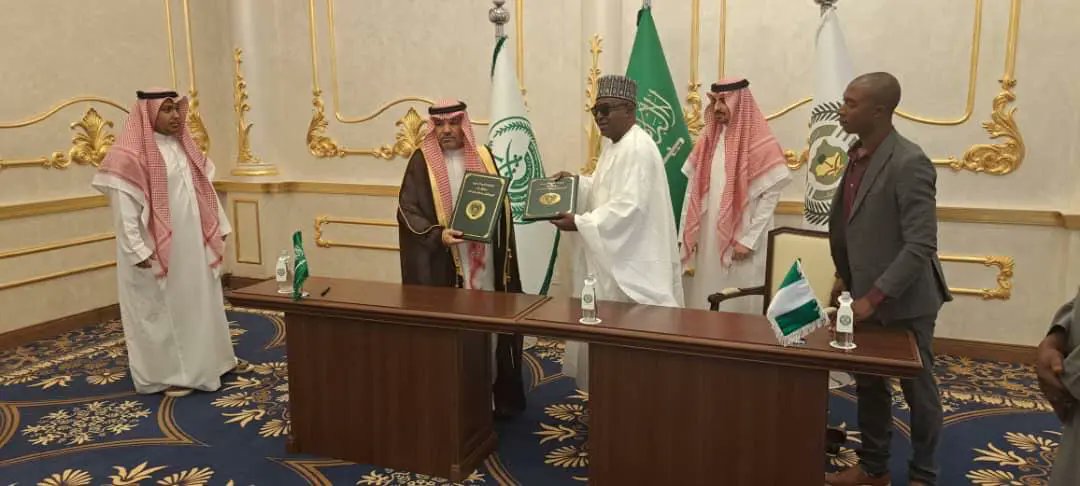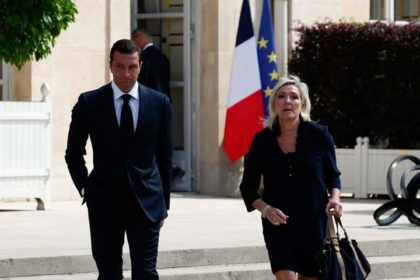
By Adeyemi Adekunle
In dismantling transnational drug trafficking syndicates the National Drug Law Enforcement Agency (NDLEA) of Nigeria has entered into a landmark Memorandum of Understanding (MoU) with the General Directorate of Narcotics Control (GDNC) of the Kingdom of Saudi Arabia. The agreement marks a new chapter in bilateral cooperation to curb the increasingly sophisticated narcotics networks exploiting both countries’ territories.
The agreement was signed during a high-level meeting held in Riyadh, where Nigeria’s NDLEA Chairman/Chief Executive, Brigadier General Mohamed Buba Marwa (Retd), and senior Saudi narcotics officials pledged mutual commitment to intelligence sharing, coordinated operations, and capacity building.
“This partnership is a bold and necessary step toward closing the gaps exploited by drug cartels across borders. It’s no longer enough to fight this war independently. Collaboration is the key,” said Marwa during the signing ceremony.
The MoU comes in the wake of several high-profile drug busts involving Nigerian nationals attempting to traffic narcotics into Saudi Arabia—a country with notoriously strict drug laws, including the death penalty for convicted traffickers. In recent years, the NDLEA has ramped up efforts at Nigerian airports to intercept drugs destined for the Middle East, with several seizures leading to major investigations.
According to officials, the new agreement will enable both countries to track criminal activities more effectively and offer rapid-response coordination during joint investigations. More importantly, it lays the groundwork for policy synchronization on drug-related issues, including rehabilitation and repatriation procedures.
The Saudi delegation, led by GDNC Director-General Major General Mohammed bin Saeed Al-Qarni, praised Nigeria’s renewed anti-narcotics momentum under Marwa’s leadership, calling the agreement “a milestone in international drug law enforcement cooperation.”
Marwa further disclosed that the NDLEA is currently working to strengthen diplomatic channels to prevent the execution of Nigerians awaiting death sentences in Saudi Arabia for drug offenses. “This MoU gives us a stronger footing to advocate for mutual legal assistance and humane outcomes where possible,” he said.
Experts say the deal could set a precedent for wider regional cooperation, especially among countries grappling with cross-border narcotics trafficking linked to terrorism financing, human trafficking, and organized crime.
As drug cartels continue to evolve their methods—concealing drugs in food items, body cavities, and courier shipments—authorities believe that only unified international responses can stem the tide.
With this partnership, Nigeria and Saudi Arabia are sending a clear message: the age of fragmented drug enforcement is over. The war on narcotics now has a new, sharper edge—and it is forged in collaboration



